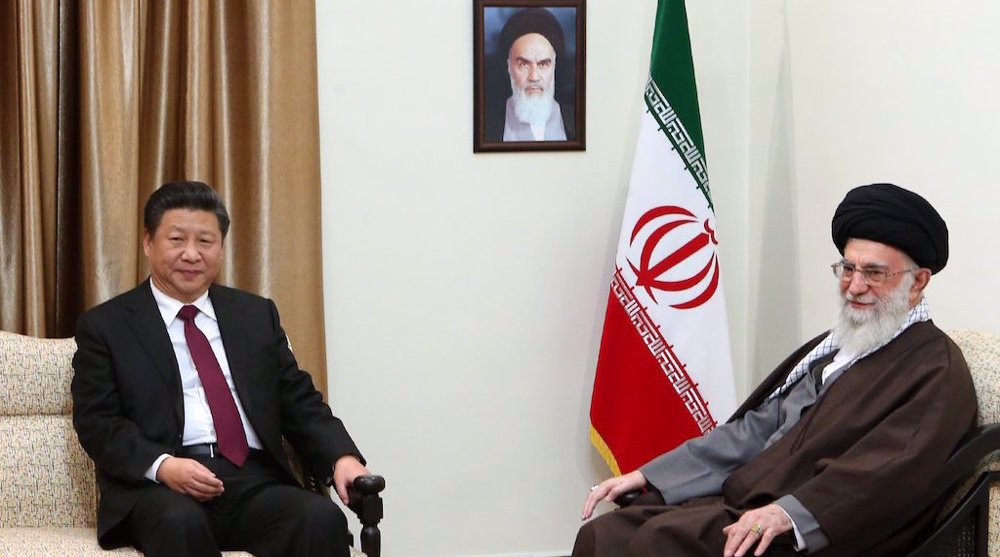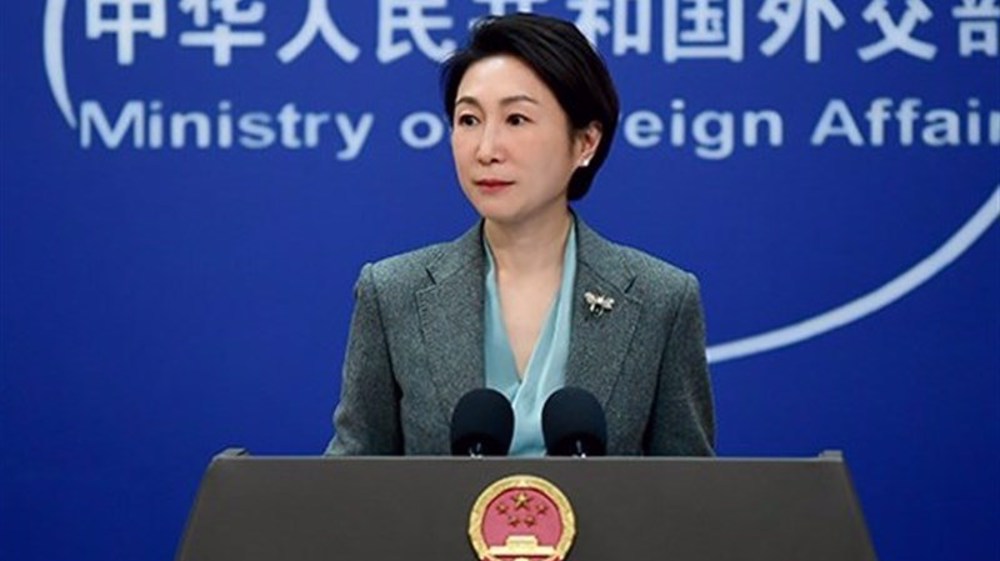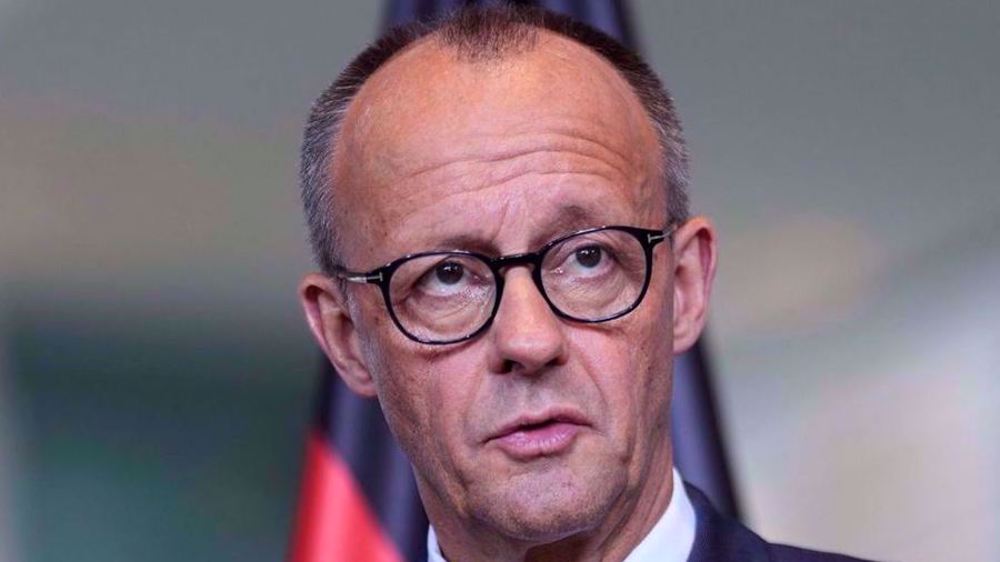American officials lying about US-China trade war: Chinese Foreign Ministry
China has accused American officials of lying to the public about the US-China trade war, as the International Monetary Fund (IMF) has already warned that the rising tensions between the world's two largest economies will put the global growth in jeopardy this year.
“Domestically in the United States there are more and more doubts about the trade war the US side has provoked with China, the market turmoil caused by the technology war and blocked industrial cooperation,” said Chinese Foreign Ministry spokesman Lu Kang on Friday.
The American officials “fabricate lies to try to mislead the American people, and now they are trying to incite ideological opposition,” he added in response to a question about his opinion about US Secretary of State Mike Pompeo's recent criticism of the Chinese telecom giant Huawei.
Huawei Technologies Co Ltd has been accused by the White House of spying through its sophisticated 5G technology for the Chinese government, an allegation strongly denied by both the firm and Beijing.
The telecom giant has repeatedly denied it is controlled by the Chinese government, military or intelligence services.
However, Pompeo on Thursday repeated the White House’s accusations against Huawei, alleging that the company was connected to the Chinese government. He also dismissed Huawei chief executive Ren Zhengfei's assertions that the company would never share user secrets.
“The company is deeply tied not only to China but to the Chinese Communist Party. And that connectivity, the existence of those connections puts American information that crosses those networks at risk,” Pompeo alleged during an interview with CNBC.
He also noted that he believed more US companies would sever ties with Huawei, while the Washington has been rallying its allies to convince them not to use the tech giant for its 5G networks.
Furthermore, US President Donald Trump also said on Thursday that Washington’s complaints against Huawei might be settled within the framework of a US-China trade deal. He also described the Chinese tech giant as “very dangerous.”
Referring to the comments made by the US president, the Chinese Foreign Ministry spokesman said he did not know what Trump was talking about. “Frankly, I'm actually not sure what the specific meaning of the US leader, the US side, saying this is,” Lu noted.
Back in early December last year, Meng Wanzhou, Huawei’s chief financial officer and the daughter of its founder Ren Zhengfei, was arrested in Canada at the request of the US on charges of bank and wire fraud in violation of US sanctions against Iran. The company has denied the US accusations and says the concerns are unfounded.
Earlier this month, Trump stepped up his battle against the world’s biggest manufacturer of telecommunications equipment on Wednesday, when he signed an executive order that effectively bars Huawei from the US market.
Washington and Beijing has stuck in a months-long trade war. Trump initiated what is effectively a trade war with China last year, when he first imposed unusually heavy tariffs on imports from the country. Since then, the two sides have exchanged tariffs on more than $360 billion in two-way trade.
The two sides have already held talks to settle the issues, but all to no avail so far. Their latest round of trade negotiations ended earlier this month without reaching a deal to end their persisting trade dispute.
They have yet to set a date to resume trade talks, with the US president announcing an increase of tariffs from 10 percent to 25 percent on $200 billion worth of Chinese imports and Beijing hiking its own tariffs on $60 billion worth of American products.
China strongly opposes US tariff hikes, saying they are harmful not only to China and the US, but to the whole world. Washington, for its part, says a primary goal of the aggressive tariff strategy is to decrease the trade imbalance with China, which totaled $379 billion in 2018.
Trump has urged China to either sign a trade deal now or it will be forced to sign a far worse agreement in future. However, China says it won’t make concessions on issues of principle.
The US - a very consumer-reliant economy - imports hundreds of billions of dollars worth of goods from China, on which Washington has imposed tariffs. Many Americans complain of lost export markets, disrupted supply chains and higher costs.
On Thursday, the IMF chief economist Gita Gopinath said that “consumers in the US and China are unequivocally the losers from trade tensions”, warning that the current trade war would “jeopardize” global growth this year, weakening confidence and pushing up prices for consumers.
'Blatant war crime': Iran denounces US-Israel strikes on Gandhi hospital in Tehran
IRGC spox: 650 casualties for US military in two days as Iran missiles force aircraft carrier to fle
Tehran warns of false-flag operations, says Israel ‘undoubtedly’ seeking to widen war
New wave of attacks devastates key US base in Bahrain as Iran strikes back
Melania Trump chairs UN children's meeting as Iran buries kids killed in US-Israeli attack
Why Iran’s Leader refused special protection, leading from the front until last breath
Hezbollah strikes Israeli surveillance, military base in Golan Heights, occupied lands
Iran holds funeral for scores of schoolgirls murdered in US-Israeli aggression












 This makes it easy to access the Press TV website
This makes it easy to access the Press TV website